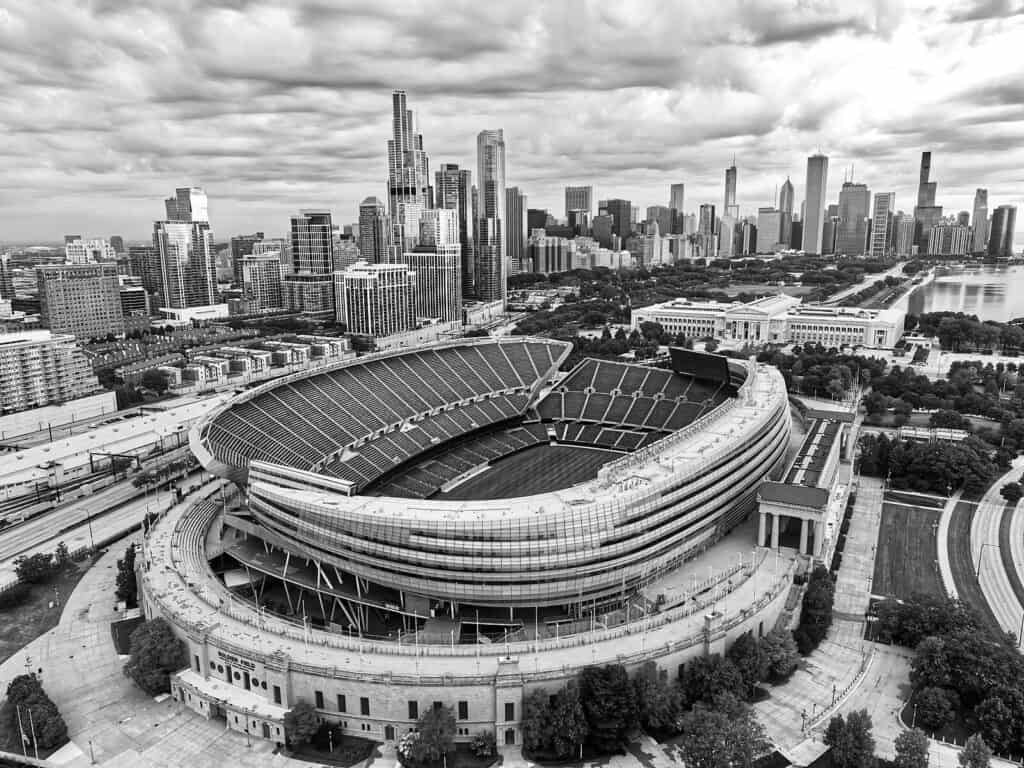Soldier Field underwent a substantial renovation in 2002, financed in part through bonds issued by the Illinois Sports Facilities Authority. These bonds were structured to be paid off over 35 years, with payments continuing through 2032. While the stadium remains public property, its principal tenant—one of the NFL’s most valuable franchises—now appears headed for the suburbs, where it seeks $855 million in public infrastructure investment to support a new development.
This scenario is not unique. Other cities should take note. Public subsidies for professional sports venues are frequently pitched as economic catalysts, promising jobs, tourism, and neighborhood revitalization. But when franchises relocate—or seek upgrades—taxpayers often remain on the hook for facilities no longer in use or needing additional reinvestment.
In Chicago’s case, some officials have called for stronger guardrails. A state legislator recently introduced a bill that would require cost-benefit analyses before public subsidies are approved and would allow governments to recoup funds if a team departs before meeting its obligations. These proposals echo reforms seen in other cities seeking to improve transparency and reduce long-term fiscal exposure.
Importantly, infrastructure subsidies—roads, utilities, transit improvements—can obscure the true public cost of stadium deals. While teams may present them as separate from stadium construction, they remain public commitments requiring both upfront and ongoing investment. When teams request these funds, they are often framed as enabling broader development, even though such development is not guaranteed.
The Bears’ current lease at Soldier Field runs through 2033. However, political leaders, including Governor J.B. Pritzker, have said any new state support should be contingent on settling existing debt. That kind of precondition reflects an important shift: viewing stadium finance as a matter of public liability management, not simply economic development.
Cities evaluating similar proposals should proceed carefully. Key questions include:
-
What are the full public costs, including infrastructure, tax abatements, and legacy debt?
-
Are there safeguards if the team underdelivers or relocates?
-
How does this investment compare to alternative uses of public funds?
Independent analysis and conservative revenue projections should guide these decisions. Voter expectations for transparency and fiscal responsibility have risen, especially in jurisdictions facing pressure on core services.
As more franchises seek new stadiums or renovations—often with public support—municipal leaders should apply lessons from Chicago and other cities. Stadium projects may be visible, high-profile undertakings. But without robust financial scrutiny, they can leave long-term obligations that exceed their public value.
